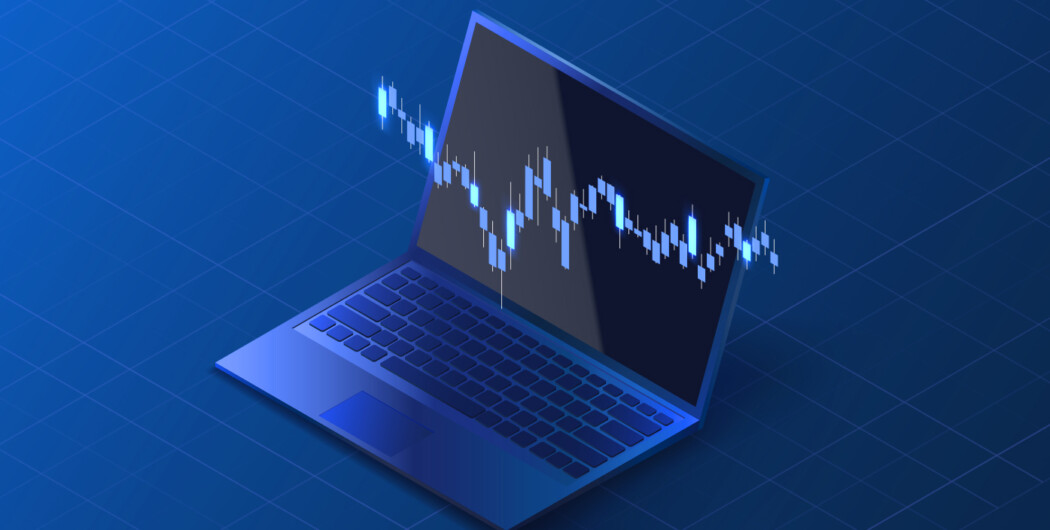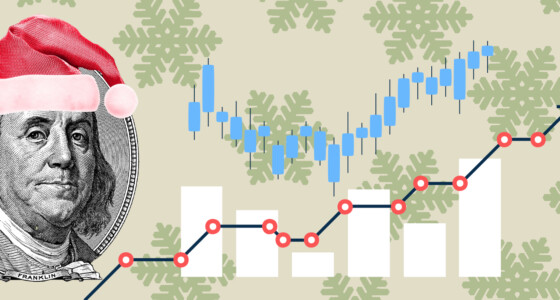

Futures are derivatives that allow for trading various assets without owning them. Futures contract holders are obliged to buy or sell the contract at its expiration.
After you read that, you might think futures are something for investors from Wall Street. But that’s not the case. Keep reading to learn how to add futures to your portfolio.
Futures: basics
Could you imagine the first derivative contract was created around 1750 BC by the sixth Babylonian king, Hammurabi? He developed the Code of Hammurabi, which allowed for selling goods at an agreed price with delivery in the future.
Futures are contracts that allow traders to speculate on a price of an asset they don’t own. You don’t need an ounce of gold to trade gold futures. Futures represent the price of their underlying assets. For instance, if you consider Dow Jones as stock market futures, its futures contract will duplicate the price of the Dow Jones Industrial Average Index. There are cryptocurrency, currency, precious metal, commodity, US Treasury, and stock futures.
Futures provide numerous trading opportunities, as they allow for trading regardless of an asset’s price direction. If a trader believes the S&P 500 index will fall, they open a short position on the S&P 500 futures contract. If the DJIA falls on the expiration day, the trader will get income. Otherwise, they bear losses.
Futures have an expiration date that is set in advance. For instance, if a Dow Jones futures’ expiration date is December 19th, 2022, the index’s price on that day will determine whether the trader will receive profit. Still, traders can close contracts before they expire. Then, they will be closed at the underlying asset’s current price.
Futures: types
Futures vary depending on the fact of the underlying asset’s delivery.
Futures with physical delivery of the underlying asset
Futures can be used for hedging. For instance, to hedge risks in a highly volatile market, an oil company issues futures to be sure it will get a specific price for its product. An airline company wants to hedge the risks of rising fuel prices and buys the oil company’s futures contracts. Both parties agree on the price, amount, and day of delivery.
Futures without delivery of the underlying asset
Also, traders use futures for price speculation. They don’t get the actual asset. For example, trading S&P futures, you can’t get the index itself. Then you get funds — the difference between the initial contract’s price and the asset’s price at the expiration date.

How to trade futures
Every futures contract has a contract size that determines the quantity of the asset traded. For instance, the size of an oil futures contract is 1000 barrels.
You believe the crude oil price will rise by December and buy a futures contract with an expiration date in December. Oil’s price is $60, and the contract size is 1000 barrels, so you have a position of $60,000 worth of crude oil. You can use leverage if you don’t want to buy a contract for $60,000. A significant advantage of futures is that they can be traded with leverage. Then, you will deposit a small fraction of this amount to your brokerage account.
From the time you buy the contract until December, the contract’s price will move according to crude oil’s price. It may rise and fall, but it matters how much oil will cost at expiration.
If, for instance, its price rises to $70, you will gain $10,000 minus commissions (the contract’s price at the expiration date of $70,000 – its initial contract price of $60,000). Vice versa, if crude oil’s price falls to $50, you will lose $10,000 (the contract’s price at the expiration date of $50 000 – its initial price of $60,000)
Takeaway
Futures trading isn’t complicated. To get a successful trade, you only need to do a comprehensive analysis, while to enter the futures market, you will need to choose the right broker.






